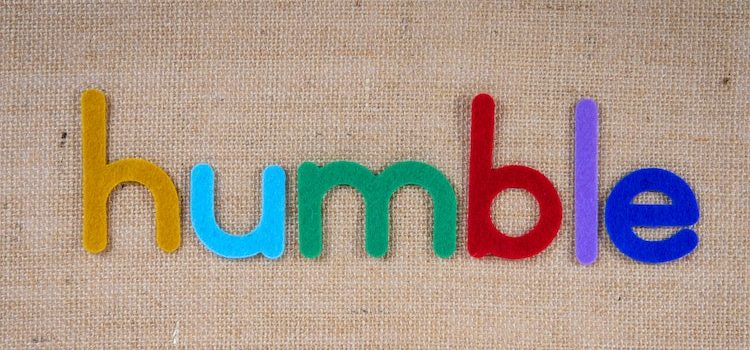How does one develop resilience? What can you do to become better at handling the curve balls that life throws at you? One of the cornerstones of Stoic philosophy is to be invulnerable to hardship and any external stress. Most modern people don’t have this kind of Stoic resilience because our powerful technology lulls us into thinking we can control everything that happens around us—we forget that life is unpredictable. Here’s how to build Stoic resilience, according to Ryan Holiday.
Ryan Holiday: The Art of Stoic Resilience










